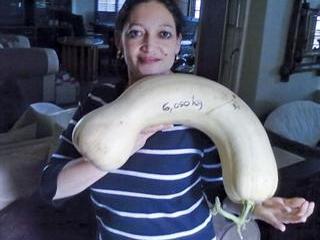One of the biggest unanswered questions that farmers have for government is what is its primary objective to achieve development in the economy? Is it predominantly economic in nature, or is it social?
Agriculture is often discussed in the context of social development, which was evidenced by what was said by the new structure of the ANC at Polokwane last year. While many people may disagree with me there seems to be more continuity than change in the ANC’s social policies, highlighted by social development, housing and land reform.
Land has become a critical element in government’s social policy and it seems that government views urban poverty as an extension of rural poverty. T herefore, it seems to me that one of the critical tools available to government to solve poverty is land. So, land is not viewed as an economic entity and commodity, but rather as an instrument to deal with social welfare.
Even the policy document on agriculture, drawn up at Polokwane, is mostly focused on land reform and not food production, with very little said about the economic aspects of agriculture. Getting down to business Agriculture is your business, not government’s business. But when it comes to land reform it becomes government’s business. Which is why you must get involved with government on the issue. E xpropriation, which affects agriculture significantly, is the mistake made by government to assume that its the golden solution to speed up land reform.
It is in fact a mistake by government to use a policy instrument to resolve a major policy problem. t should instead focus on economic fundamentals, such as the market as a central instrument of wealth creation, distribution as well as the input of supplies back into the market. But following next year’s election what can we expect? It’s a certainty that both the minister and deputy minister of agriculture will be replaced, but we still don’t know who they will be.
Another is the possible change in the provincial dispensation. My opinion on some of the problems that farmers experience is that they are the result of the poor relationship between the provincial and national departments of agriculture. Then there are changes in the ANC leadership, which impact directly on farmers. You must focus on Max Sisulu, chairperson of the ANC’s Economic Transformation Committee, to change the ANC’s thinking about agriculture from an economic point of view, while for policy in general agriculture must influence Jeff Radebe, the deputy chairperson of the ANC. All you need are good neighbours he next phenomenon that exists prior to and after the national election, both locally and internationally, is the food and oil crisis.
Something that government will have to address is the issue of food security and land reform. n the years to come this will become more relevant – the issue of commercial food production versus restitution. Depending on what happens in the Zimbabwean runoff, regional cooperation will become more important for farmers, especially regarding food security.
The future focus of South African agriculture will be to what extent we explore the strategic side of farming and to what extent we accommodate land reform ideas. A balance between social and economic policies must be struck. – David Steynberg |fw









